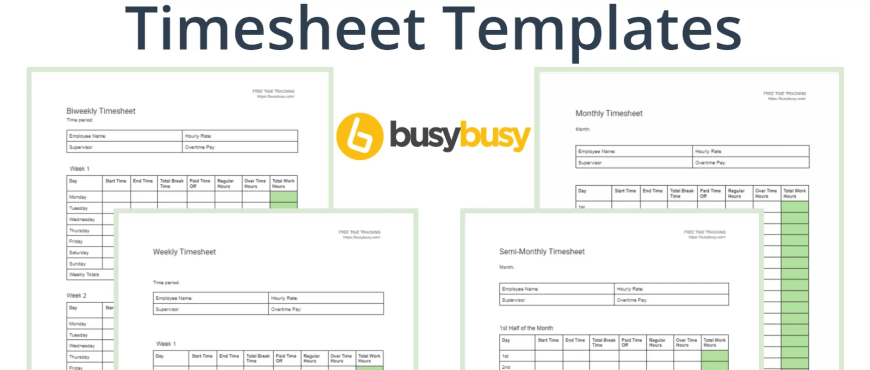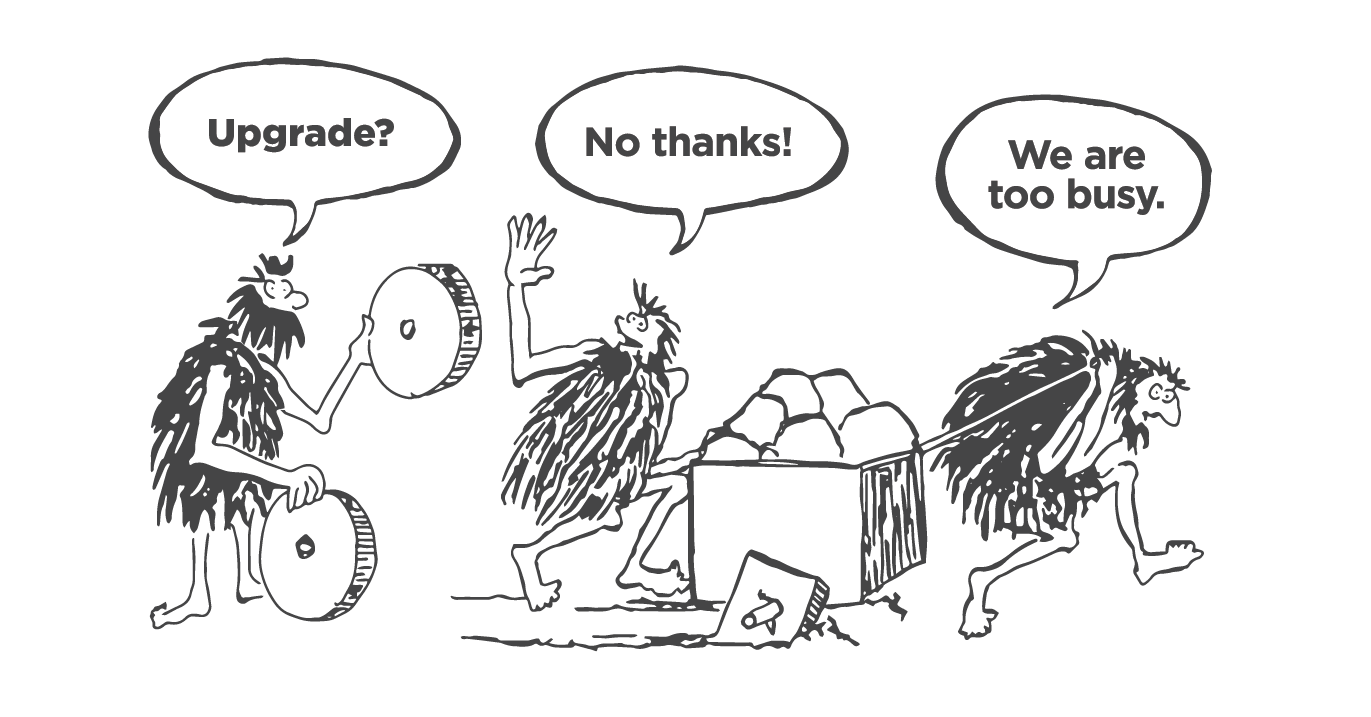
“Watch your pennies, and your dollars will take care of themselves.” This wise old saying has much to teach construction professionals today. Take labor costs, for example. Research shows that human error costs the average contractor as much as 3.4% of his or her annual payroll expenses.
That’s not to mention the sheer cost of processing old-fashioned paper forms. They stress your office staff and can also lead to embarrassing situations for managers when someone’s paycheck comes short. Add up the costs of keeping time the old-school way, and you’re soon talking real money.
There are two solutions to this problem: portable time clocks and device-based apps. In this post, we’ll discuss the pros and cons of each, giving you the facts you need to plot the right strategy for your business.
Portable Time Clocks
Modern time clocks have features that past generations could scarcely have imagined. The paper time cards from older days were essentially anonymous. Any worker could clock in or out as they pleased, either for themselves or anyone else. Workers sometimes clocked in prior to beginning work or stayed on the clock after the day’s work was done. Knowing how much time was spent on a particular task or project was challenging at best.
With a portable time clock, employees clock in and clock out with individual key fobs by touching them to the metal plate. The handheld device will send records to your office when it has a valid connection with a cellular tower. This prevents employees from clocking in when they aren’t on the job site.
When using a portable time clock, a crew must have a device at every job site. This can make the expense of portable time clocks prohibitive, especially for firms with numerous projects going on at the same time. It can be time-consuming for everyone if a crew has multiple employees showing up simultaneously.
Workplace researchers sometimes express concerns about the psychological effects of using a time clock. Any type of skilled work requires focus, including the construction trades. Being forced to stop what you’re doing to deal with a distant time-keeping device can compromise quality and productivity.
Time Clock Apps: Many Devices, One Database
With time clock apps, workers use their own device to record their work hours. The ubiquitous presence of digital devices in today’s world makes time clock apps a viable option for many companies.
GPS locators enable managers to know where their people are located at all times. Fingerprint and facial ID features prevent mistakes. Cloud-based recordkeeping keeps data safe from problems like device failure and power outages. These features save companies so much money in the long run.
One limitation of time-keeping apps is their reliance on a “bring your own device” (BYOD) policy. Some people still use old-fashioned “dumb phones” that cannot support fingerprint or facial ID features. Others have viruses or other forms of malware that may hinder the app or compromise its security.
Construction environments are notoriously dirty, disorganized, and sometimes less than secure. These factors pose added challenges, as any device can be lost, stolen, misplaced, or simply fail to function.
App developers know these concerns and have developed security features and protocols to address them. Discuss these issues with the potential provider before signing on for their service.
Portable Time Clocks Plus Time Clock Apps: The Best of Both Worlds?
Both portable time clocks and time clock apps have advantages and considerations. Dedicated devices are rugged, weather resistant, and constructed from commercial-grade components. Time clock apps are free from geographical restrictions and cost less to use.
There’s no law that says you can’t use both options, of course. For example, you might use portable time clocks for jobs where employees do the same thing over an extended period. It might be best to use a time clock app for any project where the crew would need to use cost codes, track equipment, or have the ability to take photos with notes on multiple job sites and upload them to supervisors.
The Bottom Line
Modern timekeeping technology enables you to track your resources and spot opportunities that might go unnoticed. It can save your office staff from hours of tedious work while promoting an environmentally conscious image of your company. These advantages apply to both portable time clocks and time clock apps. It’s up to you to decide which solution is best for your company.











